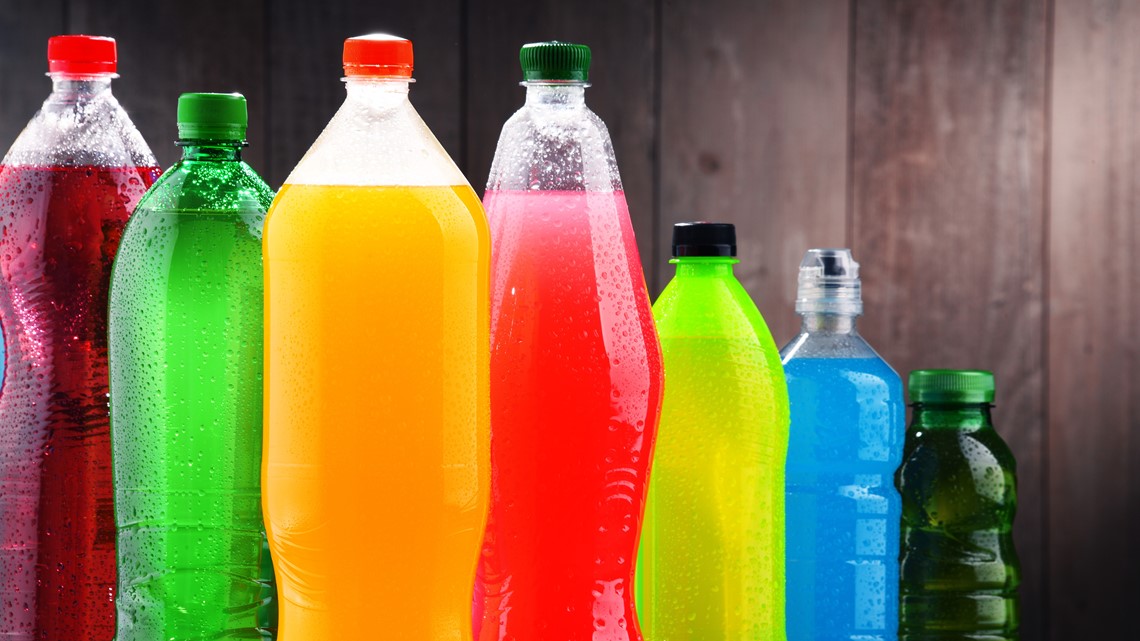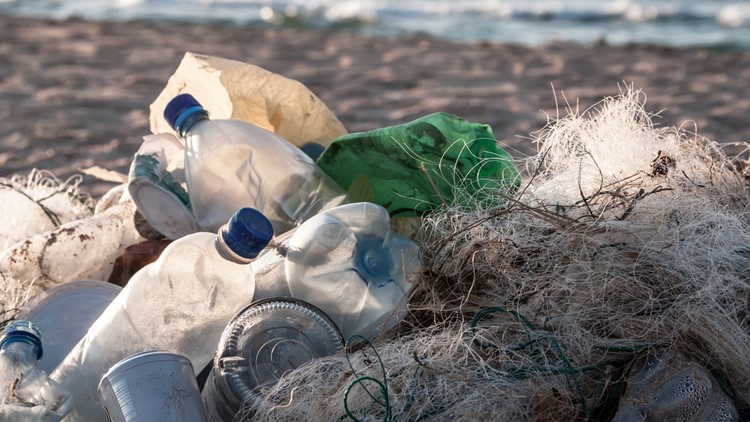Scientists have reportedly created a mutant bacterial enzyme that can break down plastic bottles in a matter of hours so they can be recycled. The discovery could revolutionize the effort curb plastic waste, much of which ends up in landfills or oceans. The company behind it wants to make it available on a large industrial scale by 2025.
The Guardian reports the enzyme can turn bottles into their chemical building blocks which can then be used to make new, high-quality bottles. The breakthrough is reported in the journal Nature.
The enzyme was first found in a compost heap in 2012, according to the website Science.
Scientists reportedly analyzed the enzyme and added mutations so it could break down polyethylene terephthalate (PET) plastic. That's the type widely used to make water and soft drink bottles and other common consumer product containers, according to the PET Resin Association.
The team tested the enzyme on plastic bottles. The bottles were degraded by 90% within 10 hours, according to The Guardian. Then the scientists were able to use the degraded plastic to make new plastic bottles that were just as strong as the originals.
Approximately 1 million plastic bottles are purchased every minute around the world. The ability to break down those bottles and use the plastic again could be a game-changer.
Carbios, the company leading the project, has reportedly already partnered with several major companies including Pepsi to speed up development. Science reports Caribos is building a plant and hopes to recycle hundreds of tons of PET this year.
The Guardian notes that the process may not be as cost-effective as using virgin material because the bottles must first be ground up and heated before the enzyme can be added. That leaves open the possibility that some cost may be passed on to consumers and companies.
Only 8.4% of waste produced in the United States in 2017 was recycled, according to the Environmental Protection Agency. As reported by LiveScience in March, the issue isn't so much that people aren't recycling but that most types of plastics are not recyclable.
The enzyme does not work on other major types of plastics such as polyethylene and polystyrene, according to Science.





